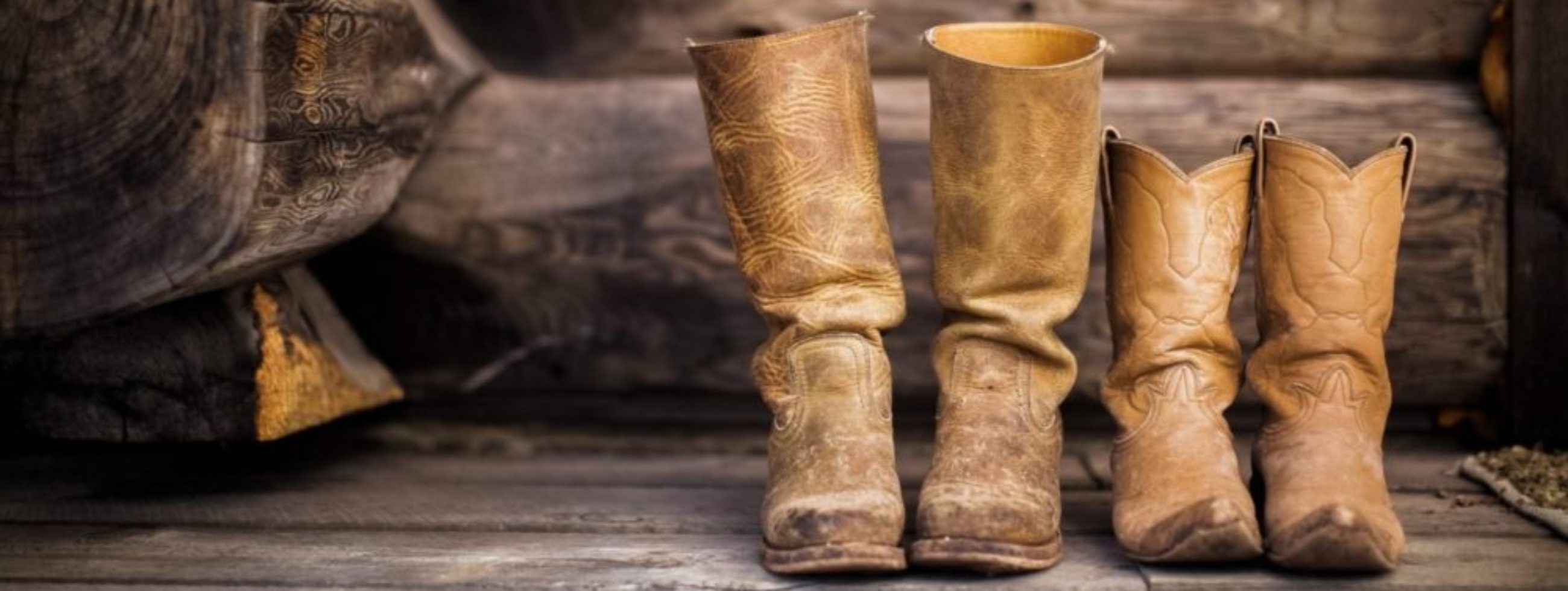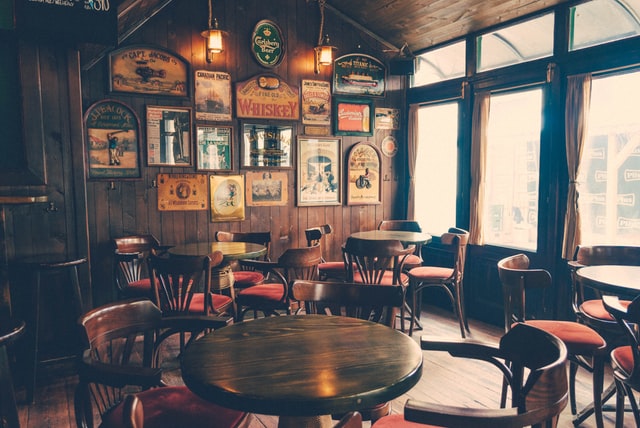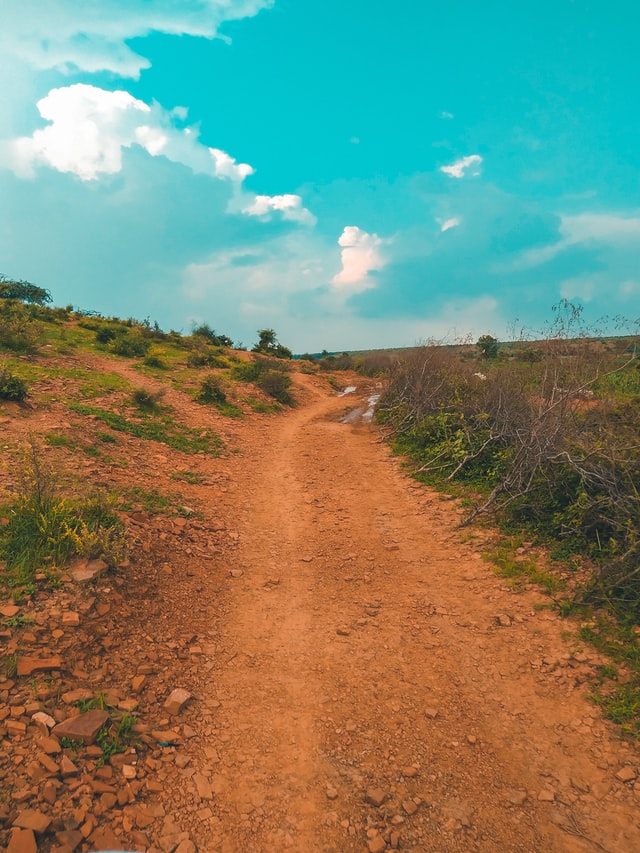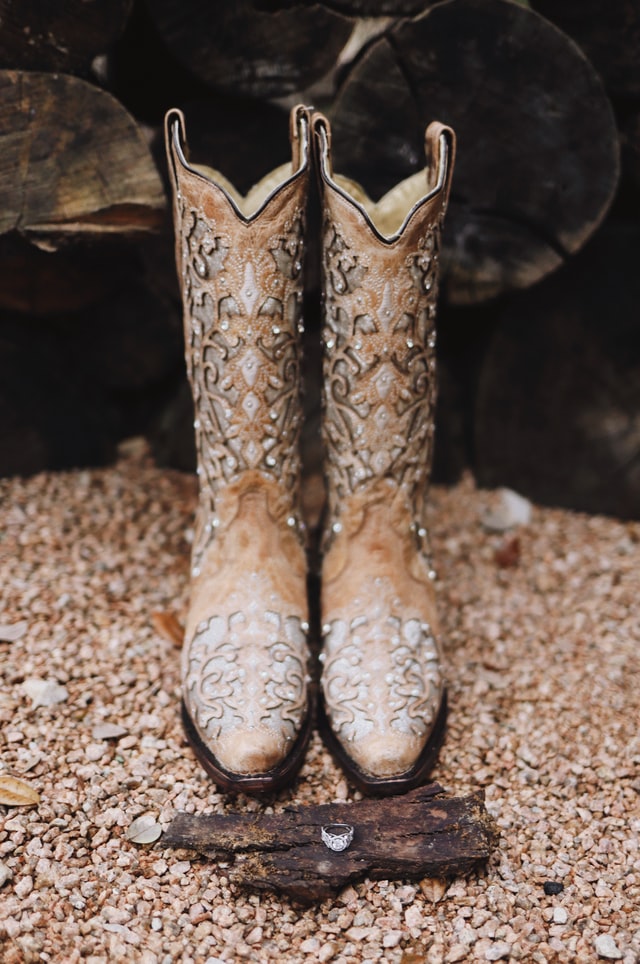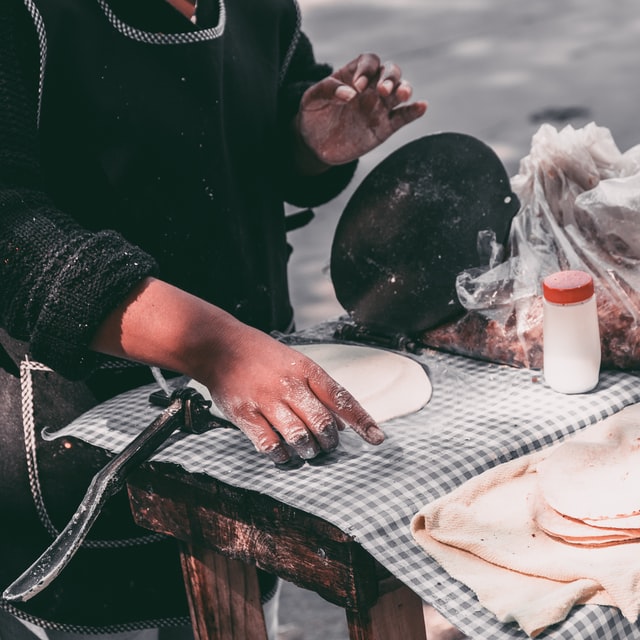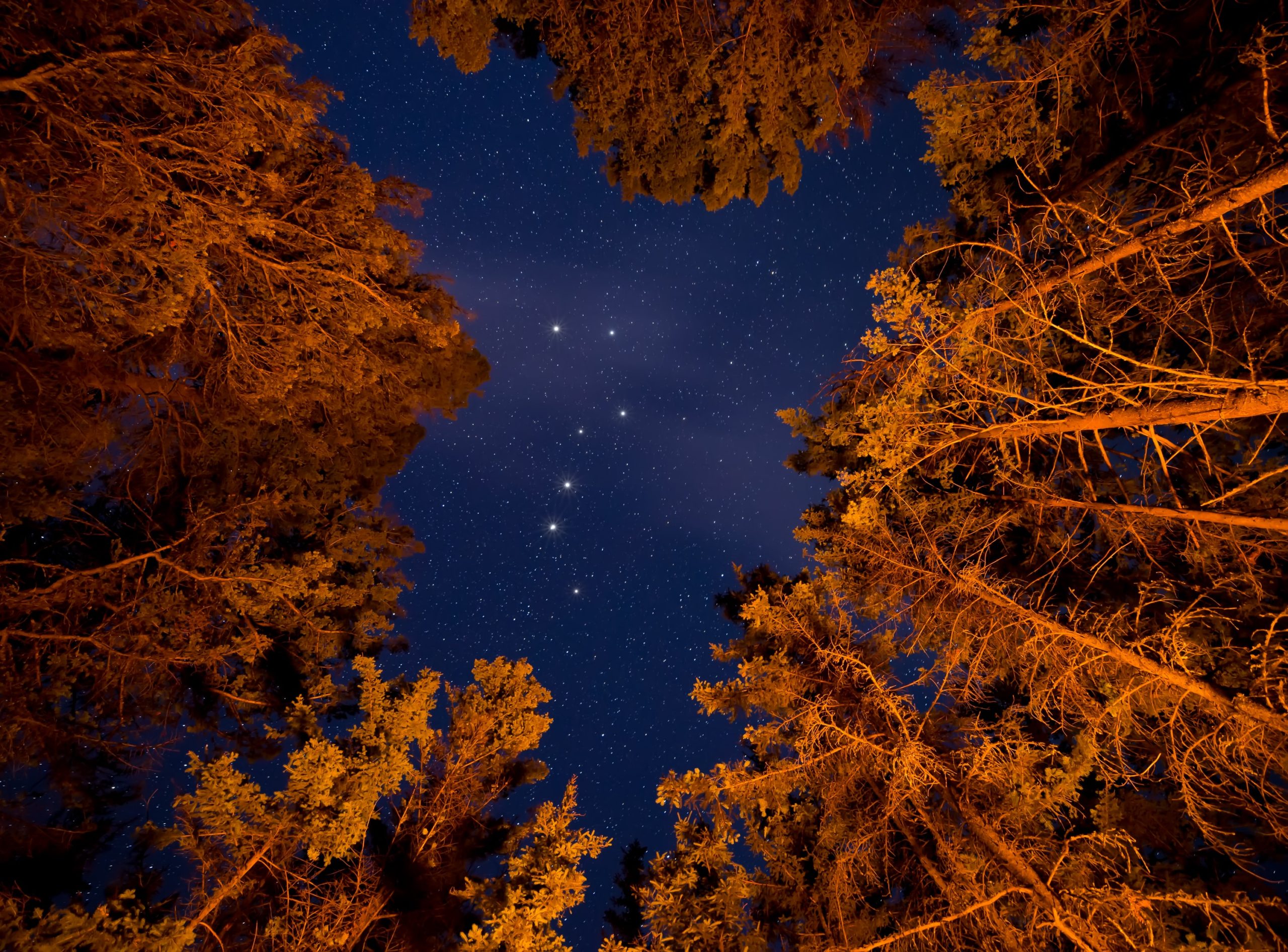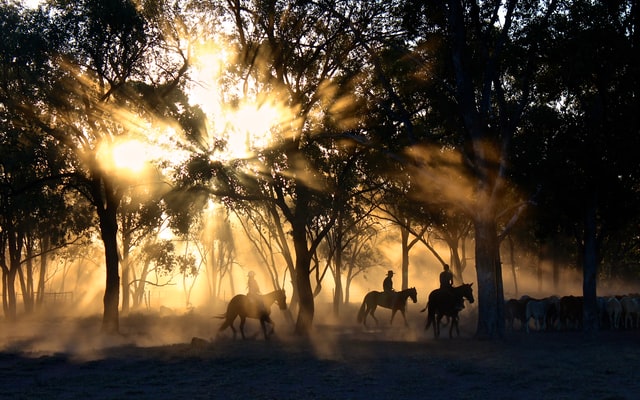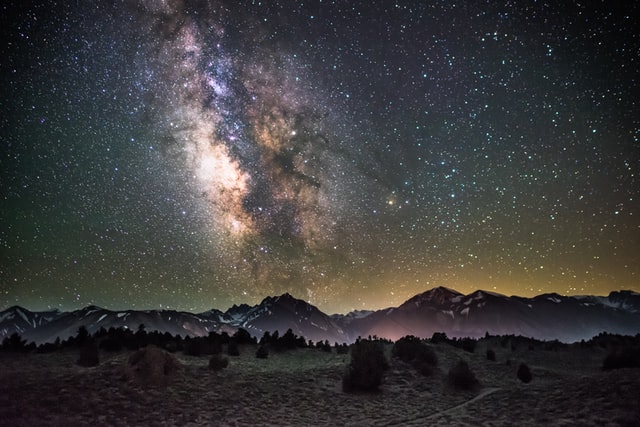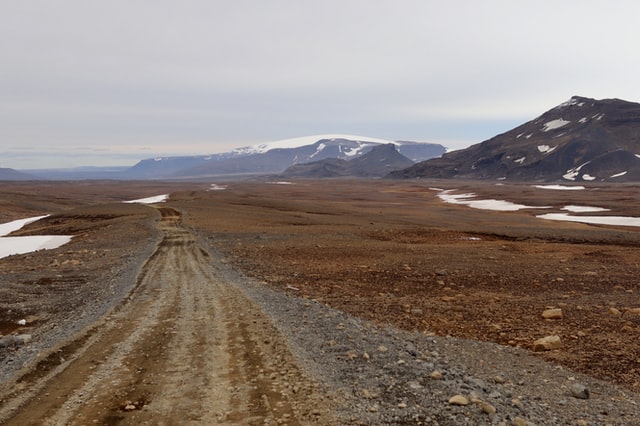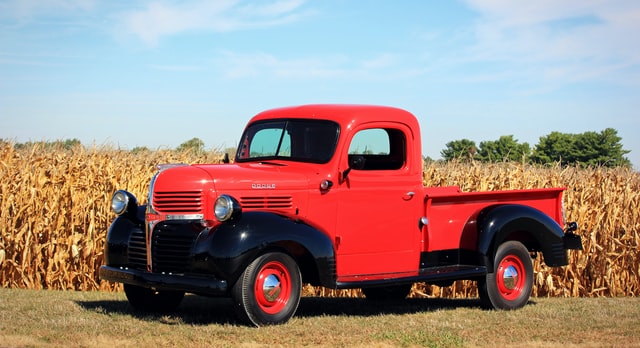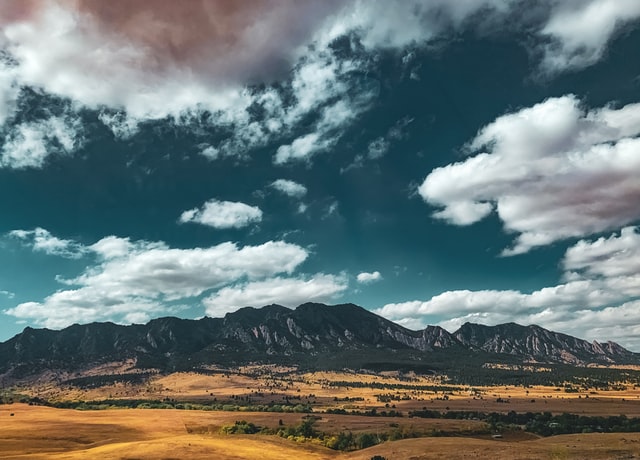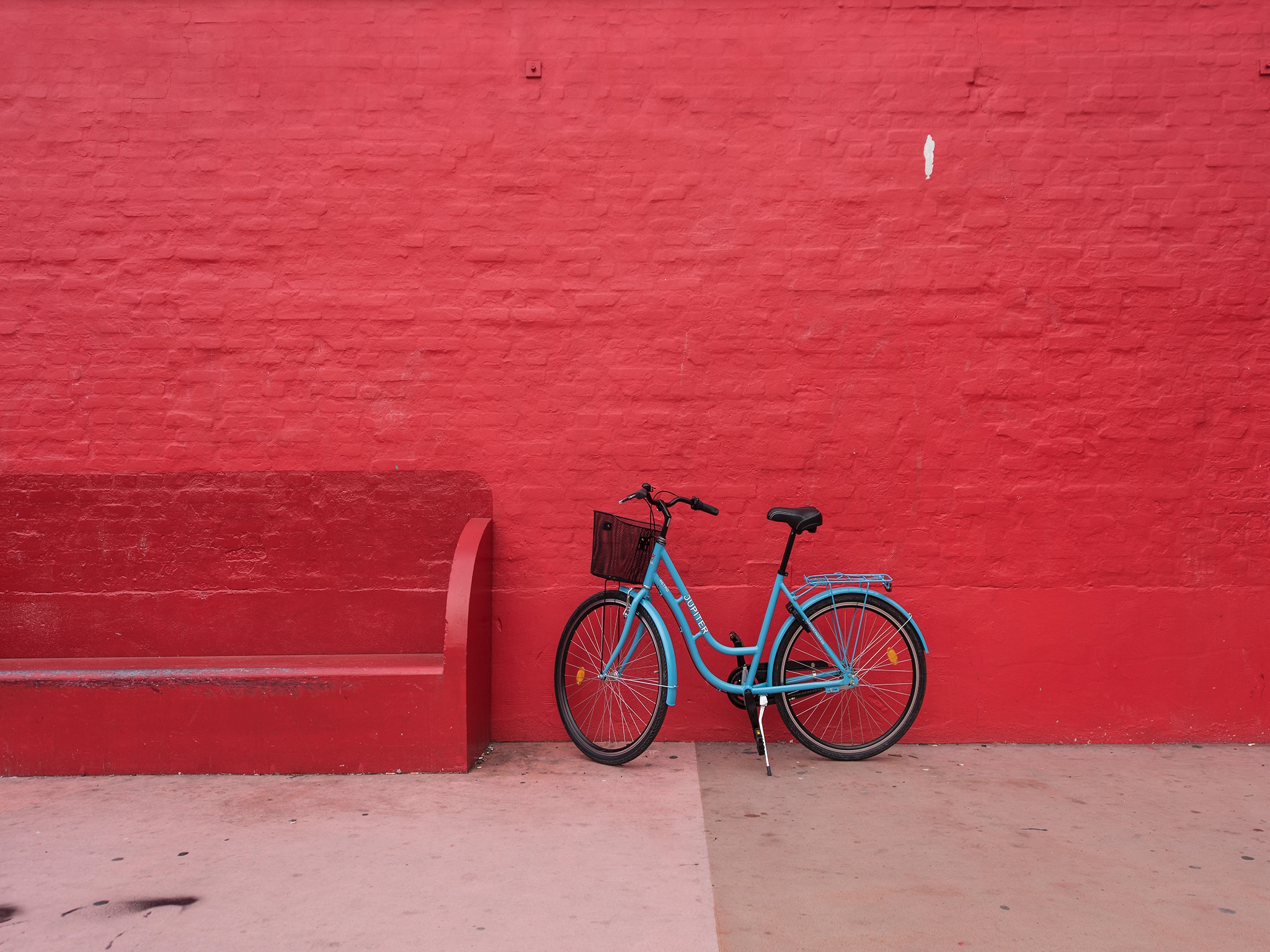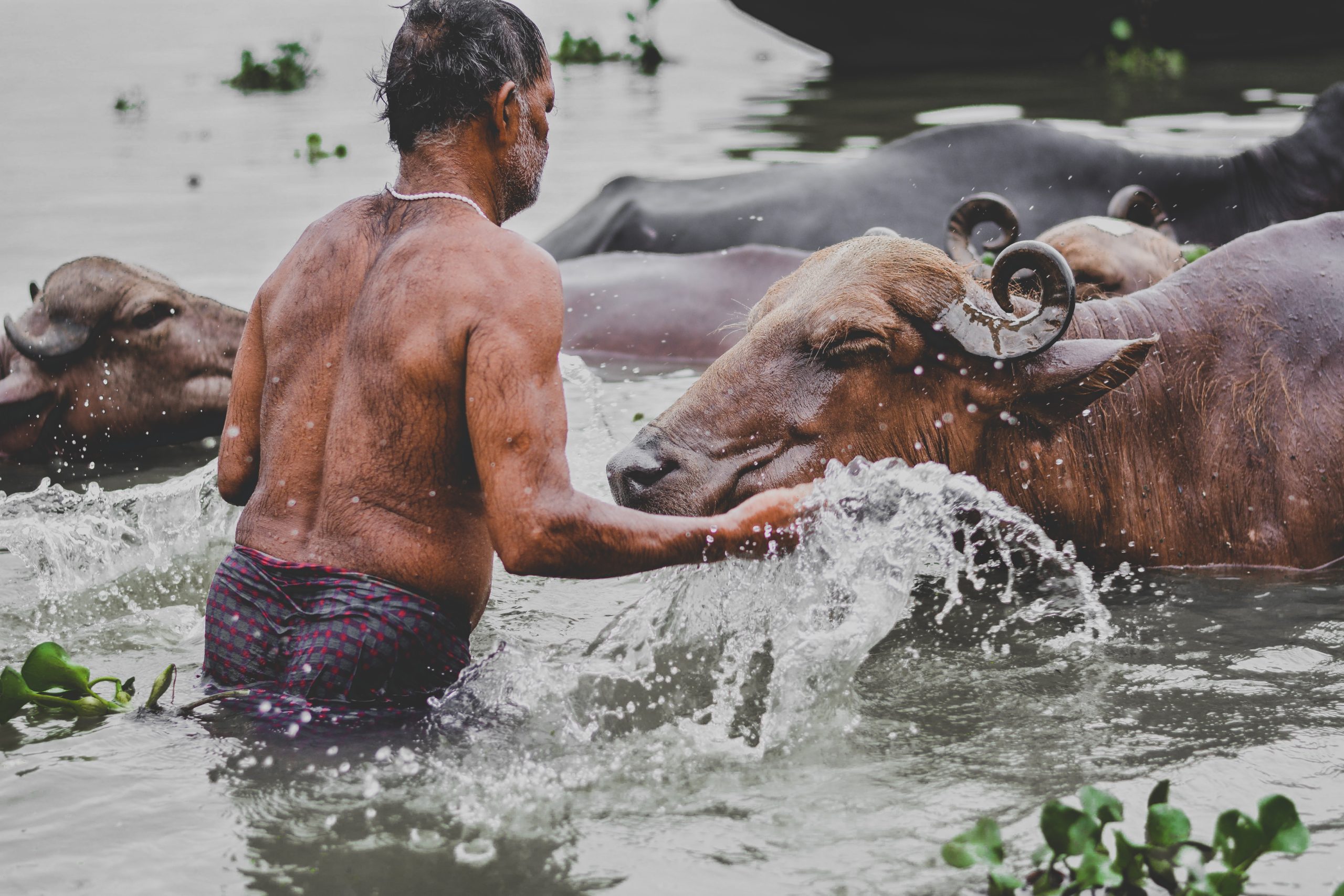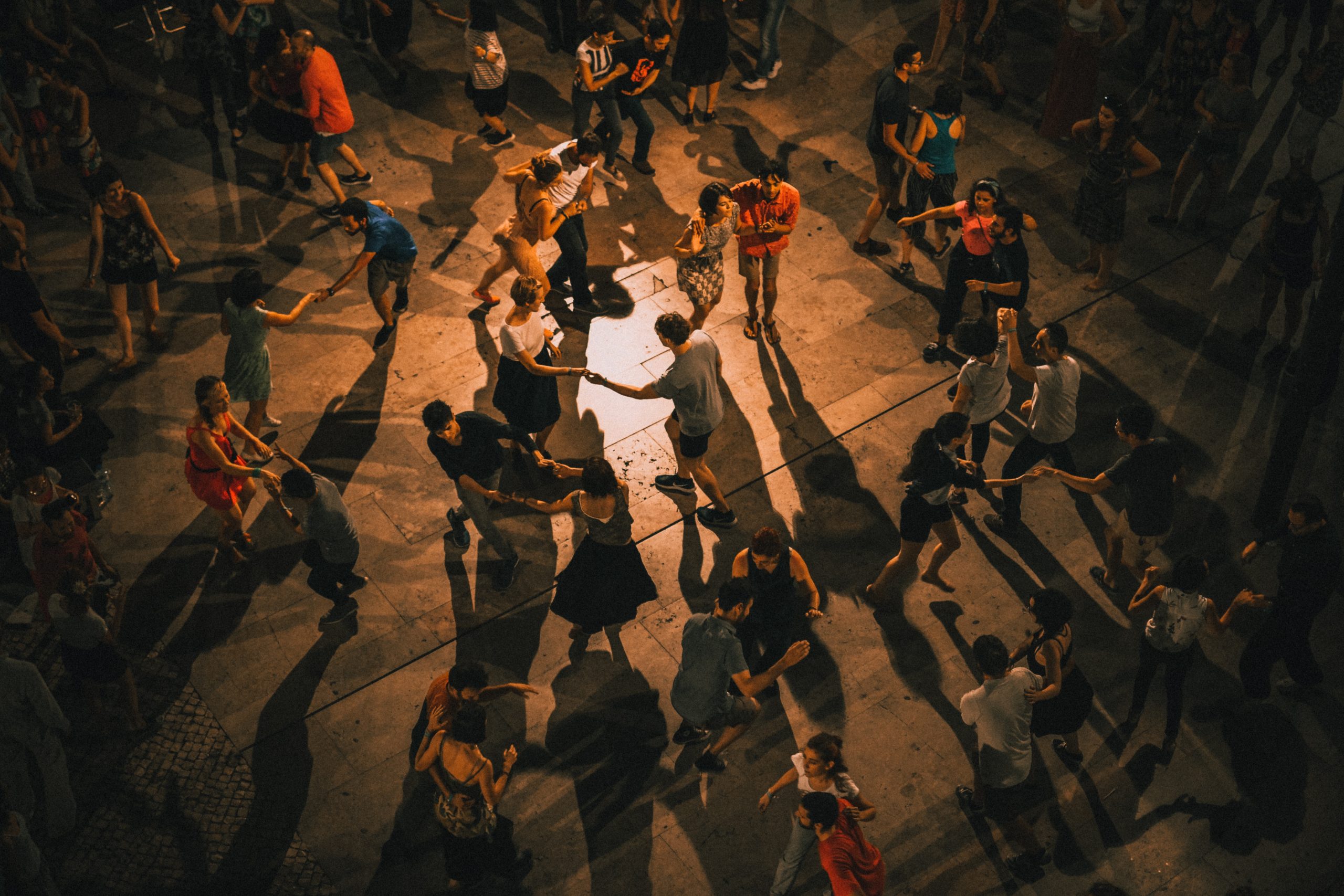The trail was dusty, me with my bandana pulled up tight,
I’m riding my trusty horse and I see a familiar cactus off to the right.
Knowing then I only had a few more miles to go,
I could feel my horse’s anticipation begin to grow,
he knew what waited there as well as I did.
So the pace was picked up and we went galloping ahead.
Just beyond that near-by ridge I’ll be able to see,
the sight of the town of Tombstone where soon we will be.
It’s going to be another hot Arizona afternoon,
and as soon as I can I’ll be standing at the bar in Belle’s Saloon.
Belle’s a very classy lady with some good business sense.
She came out west 10 years ago, a woman of no pretense.
All the way from Boston town where once she had a hattery.
The finest hats for the ladies until she was arrested for assault and battery.
There was a gentleman caller who wasn’t like a gentleman at all.
Belle quickly with her knee put him in his place,
but the gentleman was a lawyer and Belle had to take a fall.
1 year later she was free to go but with her disgrace,
no shop or inventory did she retain.
With a little money stashed away, she started thinking of where
should she try starting over again.
Out west, people talk of all the fantastic opportunities out there.
When Belle hit town and she looked around,
her face developed a scowl and a frown.
She stood there now in front of the town’s town hall,
she didn’t see much of a market for fine ladies hats at all.
Upon a tour of the town there was a sign she found,
outside of an old dry goods store, said it was for sale.
A visit to the bank where the title was held,
yielded Belle the place paid in full, she could only pray she wouldn’t fail.
She knew the town was full of mining men and cattlemen and money to be made,
figuring her chances would be very good if here she stayed.
Her place was on the main drag, right on Allen Street,
seemed like it was somewhere everyone liked to congregate and meet.
With some long days of cleaning and painting,
decorating and some major renovating.
Belle finally hung up her sign for her new business.
It didn’t take long and it became a big success.
When it came to the name of the place, she kept it simple and short,
“Belle’s Saloon” that’s good enough, that’ll do I heard her report.
Now a half past noon,
finally arriving here after riding all the way from Dragoon.
After eating all that dust along the way,
I’m standing at the bar and here I’ll stay
Waiting for a cold one, hoping it gets here soon,
then I’ll be just another happy cowboy hanging out in Belle’s Saloon.
After a successful career as a Senior Designer working with international mining companies, William David is retired now and living in Tucson, Az. He likes spending time now devoted to his passion: writing and reading poetry. William writes for his pleasure and for the pleasure of those who might read his poems.
